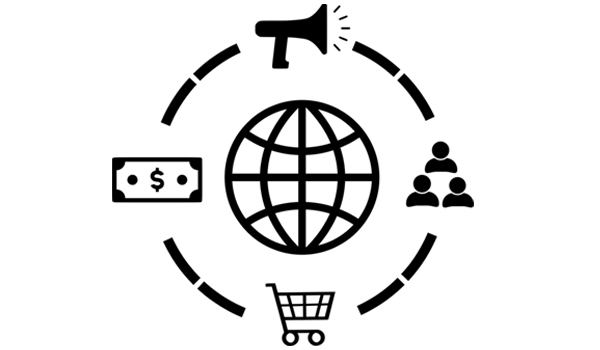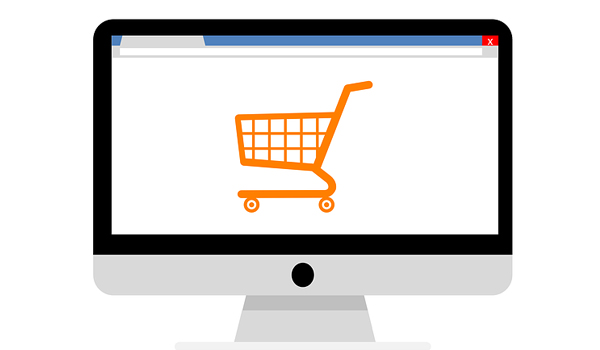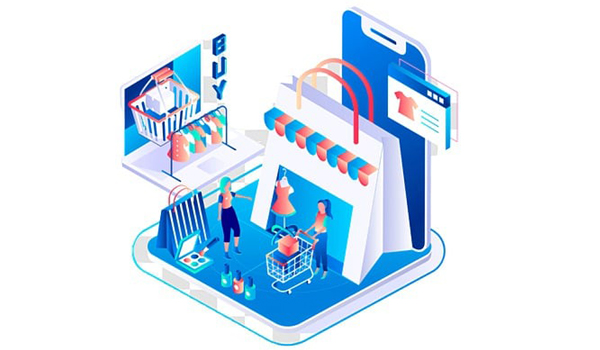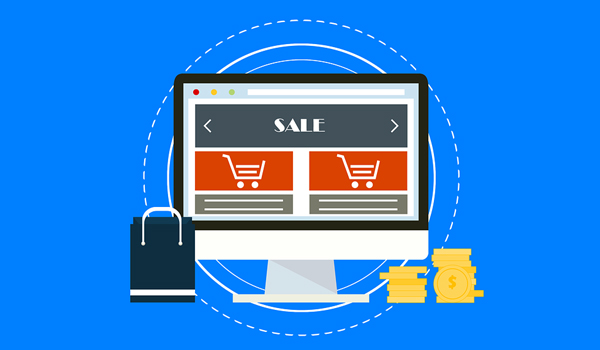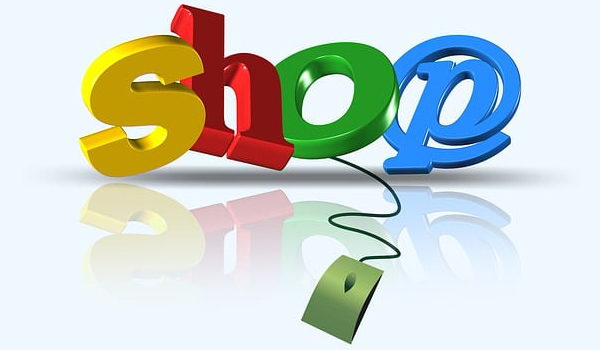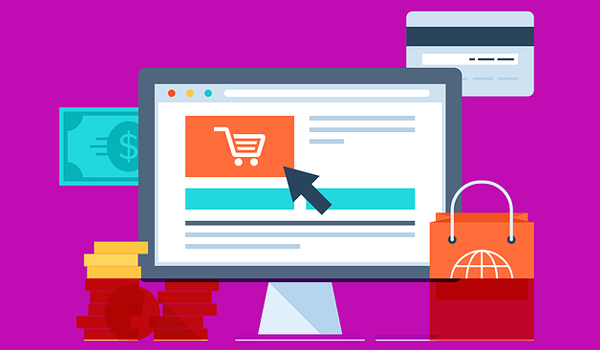Unlocking Success: The Power of Personalization in E-Commerce through CRM
The CRM process is a strategic approach in which the data and functionality provided by a CRM system is utilized to keep every customer interaction meaningful and personalized and to eventually convert leads into sales.
Updated: September 22, 2023
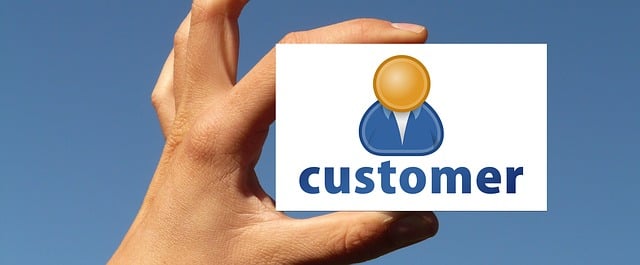
Great products alone are no longer enough to satisfy online shoppers since not only want quality products nowadays, but also prefer personalized customer experiences that cater to their specific needs. Most of consumers are more likely to buy from a business which provides personalized experiences. The CRM process may help you to deepening your relationship with customers or service users if you are struggling to meet such expectations.
CRM, or Customer Relationship Management, refers to any business tactics, strategies, tools, and technologies for attracting, acquiring and maintaining consumers. CRM software is used by many companies to store details such as contact information and social media profiles of customers, their recent interactions with the business, and any outstanding customer service issues which helps to better understand its relationships with individual customers over time for a business.
On the other hand, the CRM process is a strategic approach in which the data and functionality provided by a CRM system is utilized to keep every customer interaction meaningful and personalized and to eventually convert leads into sales.
What is the CRM process?
You must first understand the 'customer life cycle' before the CRM process. The process in which a potential customer becomes aware of a brand, purchases the brand, and ideally becomes the long-term customer of the brand is known as customer life cycle. It consists of five stages including reach, lead acquisition, lead conversion, customer retention, and customer loyalty. The collaborative effort of the marketers, sales force, and customer support department of a company is required for this.
There are five steps that a company can take to help drive consumers through the customer journey from awareness to advocacy in the CRM process. The main purpose of the CRM process is to develop long-term relationships which will go beyond a single purchase. Sales, marketing and customer services are the three factors that plays key role in the implementation of the CRM process same as the customer life cycle. A CRM platform can help streamlines operations and customer interactions, making them more efficient and effective which is why it is also important.
Steps of the CRM process:
Each stage of the customer life cycle corresponds to a step in the CRM process. For example, the first step in the customer life cycle is to reach, and therefore the first step in the CRM process would be to maximize reach by building brand awareness through targeted marketing campaigns.
Build Brand Awareness:
Introducing potential customers to your business is the first step in building brand awareness. Your marketing team should first understand your audience and have a clear perspective on their likes and needs to captivate them when making your first appearance. Measures that should be taken by them to start include:
- Research their target audience: Collect information on the demographics, communication styles, hobbies, and interests of their target audience.
- Segment their target audience: Customer personas should be created to group their target audience based on their qualities and consuming behaviors such as age, gender, personality, income, and interests, which helps define a clear picture of who their campaigns should target and which types of people are most likely to become customers.
- Create targeted marketing campaigns: A/B testing can be used to experiment with different campaign elements to find out what works best. Custom campaigns can also be created for different customer segments.
Your marketers can collect data to complete the above steps by the help of an excellent CRM tool. Patterns in previous leads can be revealed and customers will be able to get a clear picture of their target audience. The sales notes in their CRM can also be seen by the marketers to see what led to conversions in the past, in addition to identifying similarities in demographics. Marketers build effective campaigns by understanding what resonated with leads.
Acquire Leads:
It is time to encourage the potential customers to learn more about your business and engage with it after presenting your brand to them. The process of lead acquisition may fall within the responsibility of the sales or marketing teams, or both, depending on the structure of your company. The responsible team should engage with your target audience through available communication channels. For example, visitors can be encouraged by your marketing team to the website of your company to subscribe to newsletters by using a sign-up prompt or running a giveaway on Facebook. On the other hand, the live chat function of the CRM can be used by sales team to contact potential customers and respond to inquiries.
You will be able to set up for more efficient workflows throughout the sales process by using your CRM to capture leads across all channels and centralize all relevant data whether leads are collected through website traffic, social media ads, or referrals from past customers by your company.
Nurture Leads:
You have to convert your potential customers into actual paying customers once you have their attention. CRM can be used by ales reps to create and maintain contact records to store the information they have learned about their leads. For example, your company sells kitchen appliances and kitchenware and a new lead is saved as a contact in your CRM because they signed up for a free guide on your website. Their contact record can be logged by your CRM as someone who may be interested in new kitchen appliances rather tan interested in new pots and pans. These records can be used by your reps through personalized outreach.
Your marketers can also nurture leads through content marketing. Writing blog posts about your key product features, making a product demo video and sending newsletters, guide articles, or e-books on topics that might interest your target audience are some examples of this. Further trust can be build with your prospects by this until they decide to make a purchase. Using a marketing automation solution should also be considered by your marketers to automate their daily marketing tasks, such as sending marketing emails and keeping track of all the social media engagement. Marketing managers can focus on strategic marketing initiatives by automating time-consuming marketing duties, that will help the company grow.
It is beneficial to have a CRM system with a lead-scoring function in the lead nurturing process, that allows your sales reps to add or subtract points based on any features, such as region, salary, or email activity. Salespeople can quickly identify opportunities that are likely to result in a purchase by this. CRM should be used by your sales team to set reminders or list tasks to follow up with promising leads since most of the time consumers need to hear the claims of a a company three to five times before they trust it.
Provide Excellent Customer Service:
The CRM process does not just end once a customer makes a purchase as one of the stages in the customer life cycle is customer retention. You need to keep customers coming back in order to thrive your business which can be achieved by an excellent service from your customer support team.
Customer service is a critical factor in determining the loyalty of a consumer to a brand. Around 49% of customers regard being able to resolve their problem quickly as the most important aspect of a good customer service experience. Your agents will have the data and resources they need to resolve the issues of a customer efficiently and effortlessly with a help desk and service system of CRM. There is no need to ask customers to provide their order details as support agents can find it out by simply looking up the historical customer information stored in a CRM. So, a ticket can be resolved quickly and a smooth customer service experience can also be ensured.
Also, 47% of customers prefer a choice of channels when contacting customer support. Your agents are provided with communication tools like live chat, email, and telephone with a CRM, that they can use to immediately respond to customer complaints as soon as they pop up. A CRM will also automatically contact your customers and enquire about their shopping experience after they have received their services or purchases. It is important to get honest feedback from customers in order to understand the changes that your business needs to make to improve customer satisfaction.
Upsell:
Upselling is a sales technique that can be used for convincing existing customers to purchase more products or upgrade their original purchase. Offering a warranty in addition to a device is like informing a consumer that another product has more features than the one they have selected. You can convince existing customers to go for a higher value option or buy more products by send in personalized recommendations on email.
CRM can be used by your marketing team or sales team to organize customers into smart lists according to purchase history and send custom email templates about relevant product releases for each list. You can ensure that the releases or promotional offers send by you are reaching the people most likely to use them.
Reminders can be set by your sales team in their CRM to find upselling opportunities through regular check-in calls with repeat customers if your business is service-based. You can also ask for feedback on your service, as well as suggestions for how customer experience can be improved. It is quite possible that the needs of your customers have changed since the last time they spoke to your sales reps and that they are ready for upselling.
Benefits of the CRM process to your business:
Although, CRM has typically been seen as a sales and marketing tool, some of its most significant advantages shows in customer service as well. Some of the ways CRM can help various business processes include:
CRM can be used by sales teams to better understand their sales pipeline. For example, reliable information on how well products, individual sales members or teams, and campaigns are performing can be accessed by sales managers. There will be reduced admin tasks, a deeper understanding of their client, and the opportunity to spend more time selling and less on data entry for sales reps.
CRM can be used by marketing teams to make accurate forecasting easily. They can get a clear picture of every lead and map out the entire customer journey from inquiry to sale, providing them a better grasp of the sales pipeline or incoming workload. They can also get valuable insights from the public social media activity of customers, such as their likes and dislikes, as well as their feelings about certain companies and brands.
A track of conversations across channels can be effectively kept by customer support reps. For example, an issue raised by a customer on social platform like Facebook or Twitter may be seamlessly transferred to email, phone, or live chat and be resolved privately. Communications might be lost or overlooked in a stream of information without CRM as it acts as a centralized platform for customer interactions. This may result in an unsatisfactory response to a valued customer.
The customer life cycle no longer feels abstract because of the CRM process. Your CRM can be utilized to build a thoughtful, tailored experience that naturally guides prospects through your sales funnel.
Choosing the right CRM process for your business:
Not only contact management. It offers a variety of tools that help you boost sales and run more effective marketing campaigns. The essential components of CRM software that you should look out for are:
Lead Management:
You should find new customers by automatically capturing leads from various channels like website traffic, inbound calls, social media, newsletter sign-ups, and more. You also need to follow up with leads automatically with tasks and pre-set emails. You should have the option to contact the leads directly by yourself. CRM can help nurture prospects all the way through the sales pipeline from lead acquisition to sealing the deal.
Sales Force Automation (SFA):
Workflows should be automated to create a streamlined sales process. Task management, contact management, diary sharing, sales forecasts, and team performance are the main features of an SFA system. Sales quotes can be automatically created and saved as well as invoices can be tracked.
Marketing:
Built-in marketing tools, such as email marketing pipelines, email templates, text messaging, and lightweight project management tools are there in many CRM solutions. Features like competitor tracking and sales forecasting capabilities are even included in some of them.
E-commerce:
Built-in e-commerce functionality is included in some high-level CRM software, while simple e-commerce integration through an API or a third-party service is allowed in others.
Help Desk:
You should pull relevant support tickets and display them under each lead and contact in your CRM contextually. Customer profiles from your CRM database can also be displayed contextually in each ticket in your help desk. You should ask the potential vendors the following questions after selecting a list of CRM providers based on the above features:
- Does the CRM is built for the scale of my business?
- What is the implementation process of it and how much technical assistance will be provided?
- Can my employees easily learn to use the software without training or will there be training provided?
- Is it a on-premise or cloud CRM and which one suits my business better?
- Can it be easily integrated with other solutions I already use?
- What is the cost of software ? Does the cost cover the setup or are there any additional fees?
- Is the API accessible? Does it work on mobile devices and what type of security features does the software provide?
Choosing the right CRM for your business is an important and sometimes lengthy process since so many types of CRM solutions available. The suggestions above might help guide your decision making when you begin your CRM research. Ensure that your solution is the right fit for your business model to set your business up for success.
